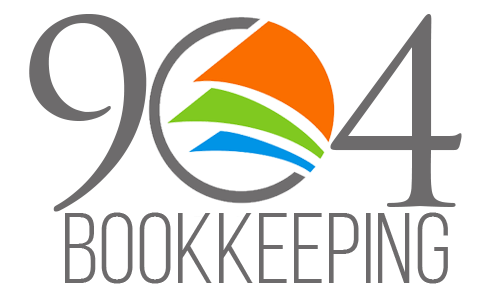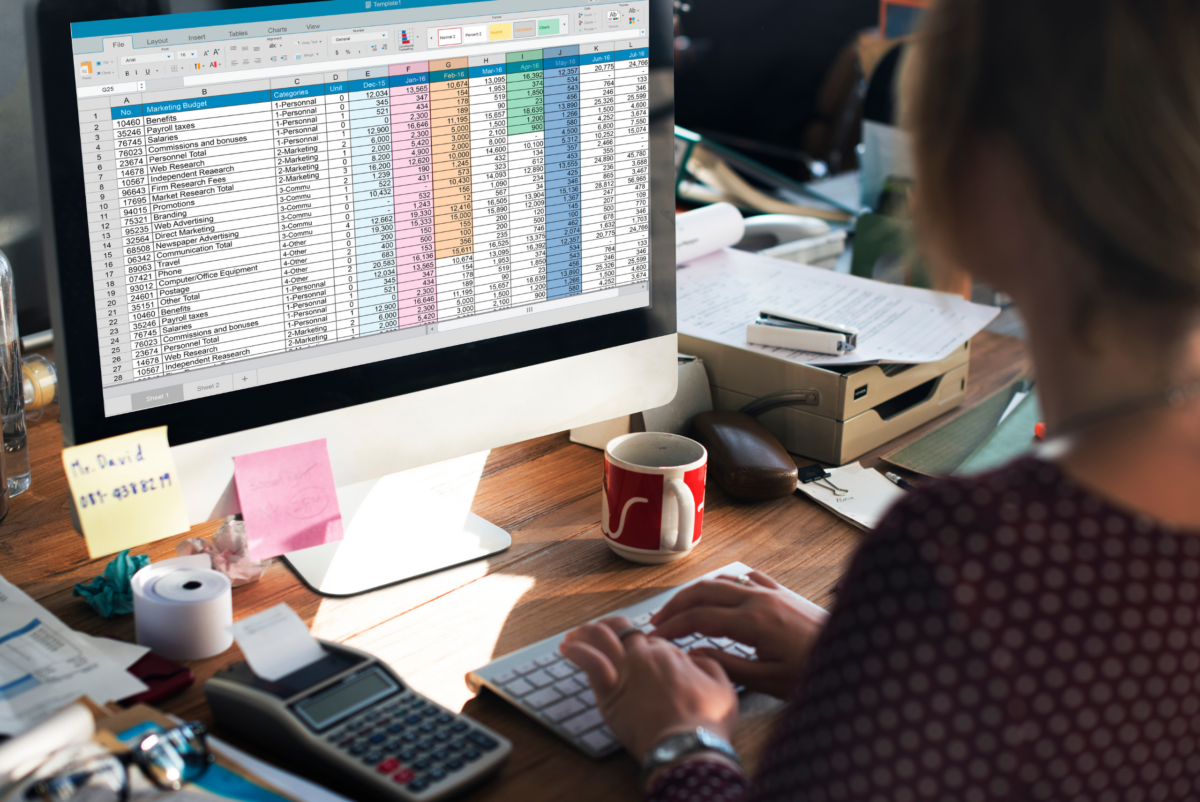Recording financial transactions helps in understanding the cash flow and making financial decisions. Let us explore what role general ledgers play in recording transactions, what accounts are in the general ledger, and how they help improve accounting practices.
What is the General Ledger?
The general ledger is a record maintenance system where the financial transactions of a business are recorded. Manual or paper-based ledgers were conventionally used to record transactions. Nowadays, digital or computerized ledgers, which are widely a part of accounting software, are used.
What Accounts are in the General Ledger?
A general ledger usually has sections for different types of accounts. In a physical general ledger, sections typically refer to different account books or groups of pages. The digital ledger usually includes a chart of accounts to map and categorize accounts.
Let us understand, “what are the 5 major types of general ledger accounts?”
1. Asset Accounts: The asset accounts track the amount the company owns. For example:
- Cash: This folder records all cash transactions
- Inventory: This folder keeps track of products in inventory for sale.
- Accounts Receivable: This folder tracks money owed to the business by customers.
2. Liability Accounts: These accounts track everything that the company owes to others. For example:
- Accounts Payable(Purchase): This folder tracks the money owed by the company to its vendors or suppliers.
- Debt: This folder tracks money owed by the company to banks or other lenders.
3. Equity Accounts: These accounts track the money invested by the owners in the company and their shares in the company.
- Owner’s equity: This folder tracks how much money, the owners own in the business.
- Retained Earnings: This folder tracks the profits the company has made and kept (instead of paying them out to the owners).
4. Revenue Accounts: These accounts track the income the company earns from selling goods or services.
- Sales Revenue: This folder tracks the money the company earns from selling products or services.
- Interest Income: This folder tracks any money the company earns from investments or savings.
5. Expense Accounts: These accounts track all the costs the company has to pay to run its business, like bills or salaries.
- Rent Expense: This folder tracks the money the company spends on renting space, like an office or a store.
- Salary Expense: This folder tracks the money the company spends on paying employees’ wages.
- Utility Expense: This folder tracks costs for services like electricity, water, and internet that the company uses.
What is the Importance of a General Ledger?
A General ledger offers huge benefits such as improving the ease and clarity of financial processes, preventing fraud, and more. Let us explore its other advantages:
- As they hold all financial information in one place, they help in improving accuracy.
- They help in the creation of financial reports.
- They simplify tax preparation by making tax calculations faster with the available information.
- They create traceable records, ensuring transparency during audits.
- They help in reconciliation processes.
Closing Remarks
Thus, general ledgers help maintain detailed financial records and serve an important role in financial health. Maintaining the ledger in a well-updated and clean enhances the financial success of a business.
If you are a business owner who is busy with sales, distribution, and marketing, you can hire a reliable bookkeeper to record the financial transactions in a general ledger and manage other accounting processes. At 904 Bookkeeping, we offer accurate and comprehensive bookkeeping services. We ensure that your financial records are organized and compliance requirements are met. Contact us today!




